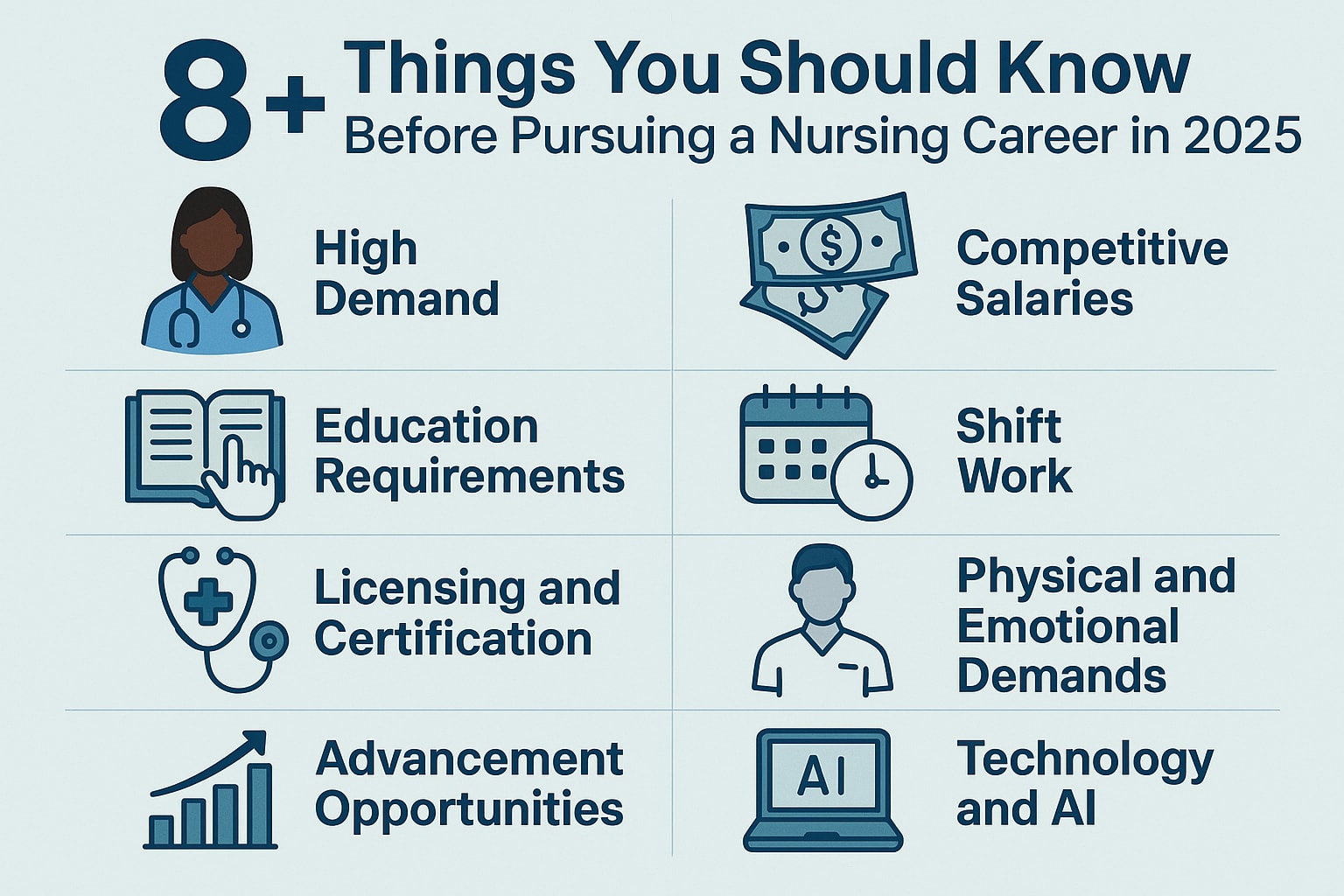The importance of nurses’ youth voice


Paul De Raeve, Manuel Ballotta, and Nada Rakabi from the European Federation of Nurses Associations (EFN) discuss the European Commission’s current efforts regarding EU preparedness, highlighting what this means for the nursing workforce and how the EFN is helping to shape policies
Young nurses must engage with policymakers and stakeholders to advocate for effective and sustainable solutions to the health system preparedness crisis. The Youth Policy Dialogue was therefore an crucial initiative from the President of the European Commission, Ursula von der Leyen (UvL), as outlined in her ‘Political Guidelines for the Next European Commission 2024–2029’. UvL called on all Commissioners to organise their first annual Youth Policy Dialogues within the first 100 days of the mandate, to ensure that young people can use their voice to help shape Europe’s future. Hadja Lahbib, Commissioner for Equality and for Preparedness and Crisis Management, with the support of DG HERA and DG ECHO, held an important Youth Policy Dialogue on preparedness, to which EFN contributed.
EU policy context: European Commission focus on health system preparedness
DG HERA, Health Emergency Preparedness and Response, was created in response to the COVID-19 pandemic to strengthen the EU’s ability to handle serious cross-border health threats, including by ensuring access to key medical countermeasures.
EFN is a key civil society stakeholder in DG HERA and developed within its mandate a policy paper on training healthcare professionals for pandemic preparedness, following the COVID-19 crisis, as part of broader efforts to improve future health crisis response. This policy document recommends the development of specific training modules for nurses and general practitioners on health crisis management and advocates for the inclusion of nursing representatives in European decision-making bodies. EFN particularly emphasises the urgent need to address the nursing shortage exacerbated by COVID-19, a significant challenge for preparing healthcare systems for future crises.
Additionally, EFN had previously published a report in June 2020 on lessons learned from the Ebola and COVID-19 outbreaks, highlighting the importance of investing in the nursing workforce, ensuring adequate staffing, and integrating nurses into emergency preparedness planning. These insights align with the recently published EU Preparedness Union Strategy, which emphasises the need to educate and train the healthcare workforce for emergency preparedness, including conducting regular EU-wide preparedness exercises that involve healthcare professionals.
Given its ongoing involvement in health emergency preparedness and previous collaboration with EU institutions, EFN was invited to contribute to the dialogue by representing the nursing profession and sharing key insights from the frontline healthcare professionals’ perspective.
Being prepared for the next health crisis
Nurses in the EU are still suffering the repercussions of the COVID-19 pandemic. During this disruptive pandemic, three broad types of workforce strategies were implemented to scale up the health workforce’s capacity to manage the crisis:
- Working harder: The first strategy was to increase the working time of existing nursing staff by asking frontline nurses to work overtime, asking part-time workers to work full time, cancelling or postponing leave, and even not going home from work, with sleeping facilities in the hospital. This strategy had a huge negative impact on the wellbeing of frontline nurses.
- Reallocate and reskill nurses to meet critical needs in intensive care units (ICUs) in hospitals overburdened by COVID-19 patients. The shortage of ICU nurses was solved by upskilling general care nurses from general care units to achieve ICU capacity at the expense of all other general care nursing units, such as cardiology, internal medicine, cancer care units, and even mental health units. DG SANTE even funded this strategy through the public health program.
- Mobilising additional staff: The third strategy was to mobilise additional professionals and workers, notably to support testing, tracing, isolating activities, vaccination campaigns, and information and advice to the general public. Moreover, nurses’ scope of practice was expanded to respond to the huge demand for nursing care. Most countries also mobilised nursing students nearing the end of their studies. This strategy had a profoundly detrimental impact on future nursing students who left the profession before completing their studies.
The pandemic left frontline nurses overstretched and exhausted. Consequently, in 2023, we saw that nurses who moved to the ICUs (ESICM, 2022; Arabi, 2021) left the hospital and even resigned from the nursing profession, leading to more scarcity of nurses in general hospital units, leading to the closure in 2023 of general care hospital beds, emergency units and ICU units, in almost all EU Member States (Sen-Crowe, 2021; De Standaard, 2021; Harvard Kennedy School, 2022; EFN, 2023). Furthermore, the number of students in nursing education programmes declined by 40% in 2023 (compared to 2019). It is clear that the interest of young people in pursuing a career as a nurse has appeared to have lessened since the pandemic (Azzi‐Huck & Shmis, 2020).
Therefore, it will be crucial to enhance the preparedness of healthcare systems’ workforce capacity in the EU to withstand unpredictable future shocks. Since frontline doctors and nurses, who constitute the largest proportion of healthcare professionals, are the ones who can effectively and swiftly respond to emergencies and possess the most comprehensive knowledge of their population and the environment in which citizens reside and operate, it is imperative to focus specifically on these two healthcare professionals.
A crucial part of such preparedness is providing sufficient education and training for the nursing workforce to enable safe patient care and meaningful patient engagement without lowering standards of education/training (Directive 2013/55/EU and the Updated Annex V). This will contribute to highly qualified and motivated domestic nurses in the EU. Furthermore, preventing dropouts during the four-year EU education cycle can be achieved by promoting and investing in mentorship for nursing students. Let us strive to retain more nursing students and ensure they complete their education and commence their careers as registered nurses.
Nurses’ voice at the European Commission Youth Policy Dialogue
EFN end-user engagement at the Youth Policy Dialogue was crucial to provide nurses’ views on preparedness into the policy process (26 February 2025). Young participants from across Europe attended the stakeholder meeting, and organisations such as the Red Cross, CPME and EFN were consulted.
Three working groups were inclusive toward the end-users by focusing on three themes: Climate Disasters Preparedness, Health Emergency Preparedness, and Inclusion in Preparedness. The EFN joined the Health Emergency group, where participants worked on a simulation involving the outbreak of a virus similar to COVID-19. Several key challenges were addressed, including the shortage of nurses and the need to strengthen health systems. EFN shared key insights from the frontline nursing workforce’s perspective, highlighting the urgent need to address the serious structural challenges, such as staffing shortages and gaps in education and training.
At the end of the session, EFN presented the conclusions to Hans Das, Deputy Director-General of DG ECHO, Anne Simon, Head of the Emergency Unit at DG HERA, and later to Commissioner Hadja Lahbib during the dialogue.
EFN delivered a statement from the nursing profession perspective: Since the COVID-19 pandemic, 30% of nurses have left the profession, and about 20% of nursing students do not complete their studies. These challenges are driven by poor working conditions, low pay, violence, and a lack of recognition. Nurses are the largest and most trusted group in healthcare, play a crucial role in emergency preparedness, and addressing these issues is essential for future health crisis management.
Impact and outcomes: Youth Policy Dialogue
The Youth Policy Dialogue resulted in the publication of an official report, which importantly included EFN’s recommendations on resilience, recruitment and the retention of healthcare professionals, as well as the need to invest in the nursing workforce. These contributions highlighted the key role of nurses in preparing for health emergencies and the importance of solving long-term structural problems in healthcare. The inclusion of EFN’s input in the report shows that EU institutions are increasingly aware of the urgent need to support and strengthen the nursing profession.
The outcomes of the stakeholder meeting will contribute to shaping the European Commission’s broader strategy on youth engagement in policymaking in the years ahead. This represents an important step in reinforcing EFN’s collaboration with EU institutions such as DG HERA and DG ECHO.
The way forward to be better prepared for upcoming crises
EFN keeps advocating for policies that support nurses and improve the resilience of healthcare systems. To ensure that the EU is better prepared for future health emergencies, EFN recommends continued investment in the nursing workforce. This includes improving working conditions, ensuring adequate staffing, expanding access to training, and integrating emergency preparedness into nursing curricula. Strengthening the role of nurses is essential not only for effective crisis response but also for building resilient health systems across Europe.
Therefore, it is key that the European Commission does something concrete with the Policy Dialogues, and the European Parliament can push the Commission to take concrete actions. The EP Intergroup on ‘Resilience, Disaster Management and Civil Protection’ is therefore a key policy platform to engage with from a nurse’s perspective. This Intergroup was born out of necessity, in response to the urgent need for a more strategic autonomy and a more coordinated European approach to crisis preparedness. The tragic floods, wildfires, storms and other climate catastrophes that occurred recently all around Europe and the world are a constant reminder that these disasters do not stop at borders, and are more and more frequent and violent. Facing this crisis context, there is an urgent need to guide EU actions towards more prevention, crisis preparation, and civic end-user engagement in the EU policy process. This Intergroup can foster good practices for an enhanced model of civic engagement, to build a stronger resilience in the EU and Europe, and to develop a European civil defence industry, which is key for the EFN. EFN’s focus on disaster management and civil protection across the EU and Europe becomes, therefore, a political priority.
References
- De Raeve P (2021). Building & Sustaining a Resilient EU Nursing Workforce & Healthcare. LAP LAMBERT Academic Publishing, ISBN 978-6-204-20948-7
- Directive 2013/55/EU of the European Parliament and of the Council of 20 November 2013 amending Directive 2005/36/EC on the recognition of professional qualifications and Regulation (EU) No 1024/2012 on administrative cooperation through the Internal Market Information System (‘the IMI Regulation’) EUR-Lex – 32013L0055 – EN – EUR-Lex (europa.eu)
- European Parliament (2023) Health-related measures in the national recovery and resilience plans – Health-related measures in the national recovery and resilience plans
link





